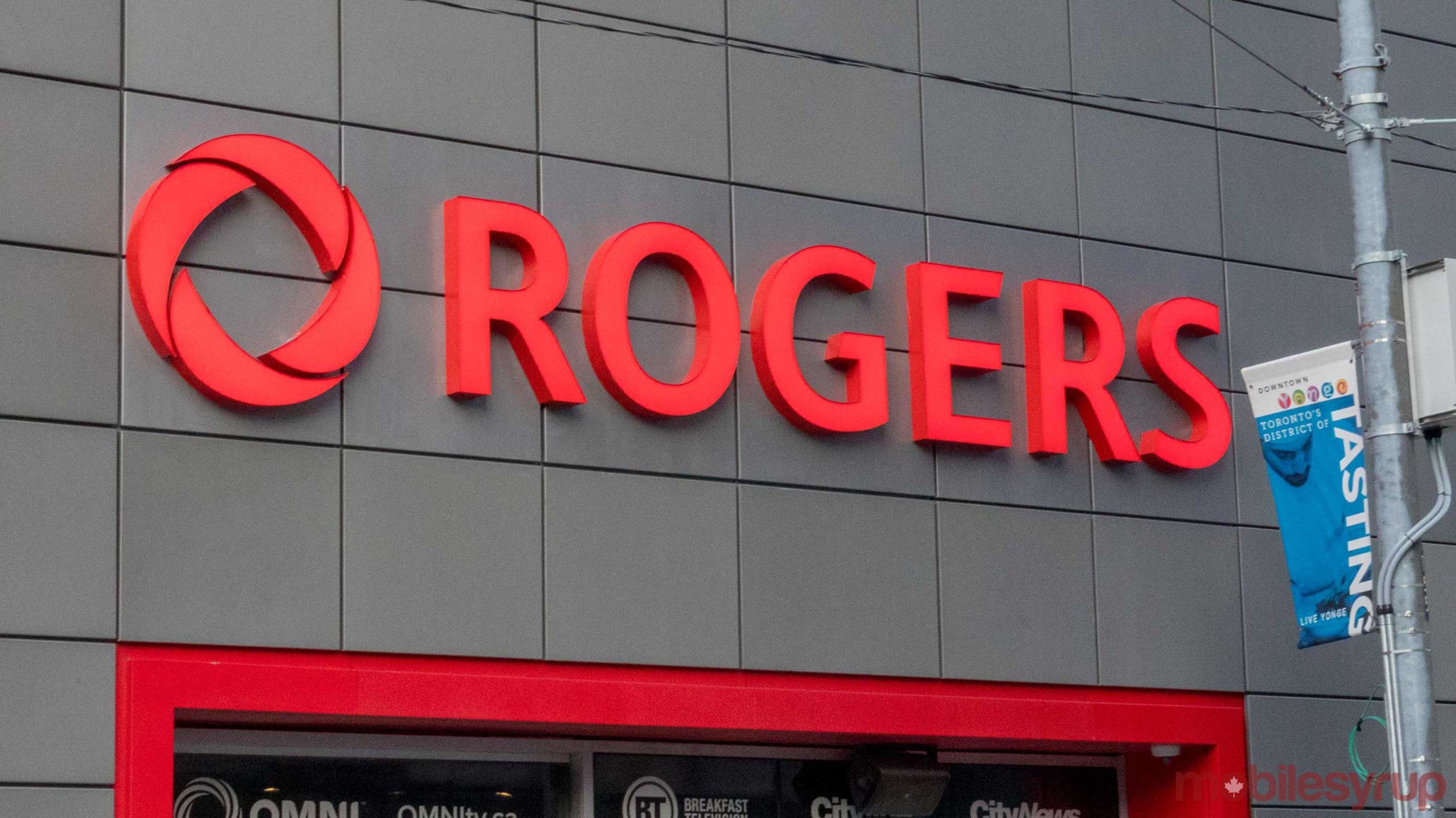
Toronto-based national carrier Rogers had 6,000 postpaid wireless net losses in the first quarter of 2020, and now has a total of 9,432,000 postpaid subscribers.
In comparison, the carrier reported 23,000 postpaid wireless net additions in Q1 2019. Rogers also reports 257,000 postpaid gross additions in Q1 2020, which is down from the 295,000 reported in Q1 2019.
In its Q1 2020 earnings report released on April 22nd, Rogers says the decreases can be attributed to the COVID-19 pandemic.
“The decrease in postpaid gross additions, the postpaid net losses, and the lower postpaid churn this quarter were all a result of the impacts of the COVID-19 pandemic, with store closures and overall lower market activity by Canadians during what is typically the most active period of the first quarter,” the report states.
In terms of prepaid subscribers, the company said it had 66,000 net losses and 141,000 gross additions, totalling to 1,336,000 prepaid subscribers.
Total wireless subscribers at Rogers and its sub-brands is a combined 10,768,000.
The carrier also reported a postpaid churn rate of 0.93 percent, which is a decrease from the 0.99 percent reported in the same period a year ago. Churn rate is the percentage of subscribers who discontinue their subscriptions in a month.
Rogers’ blended ABPU (average billing per unit) for Q1 2020 was $65.14, representing an increase from the $64.62 reported in Q1 2019.
“The one percent increase in blended ABPU this quarter was primarily a result of an ongoing shift in subscribers financing their new device purchases,” Rogers states.
The carrier’s blended ARPU (average revenue per unit) for the quarter was $52.85, while it was $54.13 in the same period a year ago.
“The two percent decrease in blended ARPU this quarter was also primarily a result of the declines in overage revenue and roaming revenue,” the carrier states.
Rogers reported a loss in wireless revenue this quarter with a total of $2.07 billion, which is a decrease from the $2.18 billion in revenue reported in Q1 2019.
The company’s total revenue for all services fell to $3.41 billion, which is a five percent change from the $3.58 billion that was reported in the same period a year earlier.
Due to the COVID-19 pandemic, the carrier is withdrawing its 2020 financial guidance because of uncertainty associated with the impacts of the virus.
Further, Rogers says that its network traffic has increased by 50 percent as businesses and consumers shift to work, learn and socialize from home.
The carrier says that it “continued to add capacity and manage traffic where needed to ensure customers stay connected during the COVID-19 pandemic, with total traffic on our world-class networks up by over 50 percent as more people started working from home.
In an open letter to investors and customers, Rogers CEO Joe Natale stated that “like most businesses, COVID-19 will have an impact on our financial results in the short term. But the current environment does not impact the fundamental strength of our company nor the long-term prospects of our business.”
During the Q1 2020 investors relations call, Rogers said that it hasn’t been holding any promotions in an attempt to reduce foot traffic to its stores amid the pandemic.
Rogers says that it is seeing some customers downgrading their plans. It appears that since people are offloading on Wi-Fi while staying at home in self-isolation, they don’t need expensive phone plans and are looking to save some money.
In regards to the December spectrum auction, Rogers states it hopes it proceeds, but notes that there may be some flexibility in terms of the timeline and fees.
Rogers is the first of the Big Three to report its quarterly results amid the COVID-19 pandemic. Bell and Telus will be reporting their results in the coming weeks.
Update 22/04/20 2:10pm ET: The article was updated to include a quote from Rogers CEO Joe Natale’s open letter.
MobileSyrup may earn a commission from purchases made via our links, which helps fund the journalism we provide free on our website. These links do not influence our editorial content. Support us here.


